Will it be possible to connect our brains to computers?
In this What That Means video, Camille talks with Allison Duettmann, CEO of Foresight Institute. They get into the inner workings of nanotechnology and molecular manufacturing, as well as take a deep dive into the potential benefits and drawbacks of neurotechnology.
Nanotechnology and Molecular Manufacturing: Small Technologies Making Big Waves
The terms nanotechnology and molecular manufacturing are often used interchangeably, although they have different meanings depending on the situation. Allison illustrates how molecular manufacturing works by comparing it to 3D printing on an atomic level, building structures atom by atom—a concept sparked decades ago by Richard Feynman. There are many applications for molecular manufacturing, including sustainability, medicine, and space exploration.
On the flip side of the positive uses for nanotechnology, there are some people who fear it becoming uncontrollable through its use of AI. This concept is known as “Gray Goo,” where nanotechnology would hypothetically consume everything on Earth. Allison explains how this fear comes from a complete misunderstanding of how scientists are designing and using molecular nanotechnology. She reassures listeners that molecular manufacturing is taking place in very controlled environments in nanoscale factories.
Neurotechnology: Combining Human and Artificial Intelligence
Beyond nanotechnology for molecular manufacturing, nanotechnology is also being developed for the human brain. This is known as neurotechnology, and it could be applied to things like curing cognitive diseases or even connecting human brains to computers with brain-computer interfaces. A step further includes whole-brain emulation, which is emulating the brain on a computer. This could be especially helpful for ensuring AI stays in check with human values as it continues to develop.
However, neurotechnology comes with its own unique set of concerns. The safety of neurotechnology devices, the tampering of the mind with AI, and personal data privacy are just a few of the most prominent ones. When it comes to data privacy, healthcare providers already have laws in place to follow, but things outside of that umbrella like smartwatches are a gray area for how data is shared, stored, and accessed. Allison says these rising concerns are exactly why cryptography and security technologies are necessary for keeping personal data secure and decentralized.
You can hear more about related topics like homomorphic encryption and data anonymization in these previous episodes of What That Means:
What That Means with Camille: Homomorphic Encryption
What That Means with Camille: Data Anonymization
Allison Duettmann, President and CEO of Foresight Institute

Serving as the President and CEO of the Foresight Institute, Allison Duettmann leads a non-profit and public interest organization concentrated on the evolution of future technologies such as nanotechnology, biotechnology, and computer science. Not only did she establish Existentialhope.com, but her literary contributions are also noteworthy. These include co-editing the publication Superintelligence: Coordination & Strategy, as well as co-authoring Gaming the Future. Additionally, Allison was a crucial figure in initiating The Longevity Prize. Boasting an academic background, she secured a Master’s degree in Philosophy and Public Policy from the London School of Economics, graduating at the top of her class with summa cum laude distinction.
Check it out. For more information, previous podcasts, and full versions, visit our homepage.
To read more about cybersecurity topics, visit our blog.
#nanotechnology #molecularmanufacturing #neurotechnology
The views and opinions expressed are those of the guests and author and do not necessarily reflect the official policy or position of Intel Corporation.
—–
If you are interested in emerging threats, new technologies, or best tips and practices in cybersecurity, please follow the InTechnology podcast on your favorite podcast platforms: Apple Podcast and Spotify.
Follow our hosts Tom Garrison @tommgarrison and Camille @morhardt.
Learn more about Intel Cybersecurity and Intel Compute Life Cycle (CLA).
